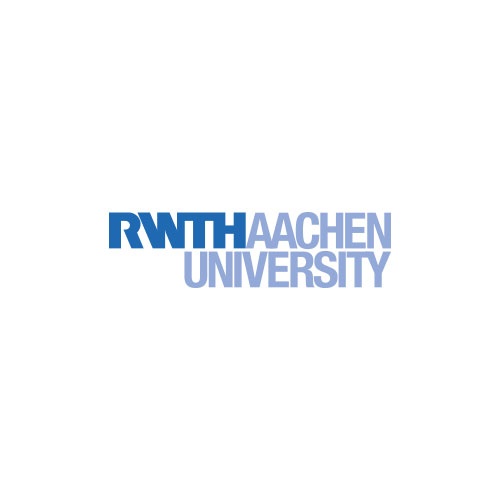RWTH Investigates Aggression Neuropsychobiology and Advanced Construction Methods
The German Research Foundation (DFG) is establishing eleven new Collaborative Research Centres (CRC), five of which are CRC/Transregios (TRR), which are jointly funded by several universities. 22 CRCs are each extended for a further funding period, including eleven CRC/TRR. RWTH Aachen University is a key participant in two of these centers.
The DFG will fund two Collaborative Research Centers at RWTH for the next four years. The SFB/TRR 280, “Construction Strategies for Material-Minimized Carbon Concrete Structures – Fundamentals for a New Approach to Building,” a cooperation between RWTH and TU Dresden (coordinating) continues into a second funding phase, with Professor Rostislav Chudoba (Chair and Institute of Structural Concrete) assuming the role of spokesperson for Aachen from Professor Josef Hegger. This center has received DFG funding since July 2020. Additionally, SFB/TRR 379, “The Neuropsychobiology of Aggression: A Transdiagnostic Approach to Mental Illness,” will be newly established under RWTH coordination, with collaborative efforts from Heidelberg University and the University of Frankfurt. The spokesperson for this center is Professor Ute Habel, head of the Department of Psychiatry, Psychotherapy and Psychosomatics at Uniklinik RWTH Aachen and RWTH Vice-Rector for International Affairs. These Collaborative Research Centers facilitate innovative, long-term research projects, enhancing participating universities’ research priorities and structures.
Tomorrow’s Building Approaches
SFB/TRR 280 aims to establish new foundations for future construction projects and develop innovative and intelligent carbon concrete structures. This initiative draws inspiration for the geometry of building elements from biology, particularly botany, as well as mathematics and art to create structural shapes made of mineral composites that primarily transfer forces through normal tension. These shapes are produced using new industrial machine-aided manufacturing methods. The project focuses on manufacturability, sustainability assessment, and further development of composite materials. This innovative approach aims to revolutionize construction design, reduce resource and energy consumption, and ensure high usability, load-bearing safety, and durability.
Biological Foundations of Aggression in Mental Disorders
Bringing together different research teams with expertise in neurobiological and clinical aggression research, SFB/TRR 379 aims to expand knowledge about the biological basis of aggression in mental disorders and its progression over the lifespan. Recognizing the complexity of this construct, the Transregional CRC follows a cross-disease approach involving multiple levels of investigation to characterize aggression, including genetics, molecular mechanisms, and hormonal, neural, and related behavioral systems. The goal is to identify biosignatures of aggression that can inform the development of tailored, biomarker-driven prevention and intervention measures.
The research center’s clinical, longitudinal, and developmental approach and the resulting data provide valuable insights into therapeutic, predictive, and social aspects of aggression in mental disorders. By establishing a longitudinal cohort across various mental disorders, the center aims to model the progression of aggression-related biosignatures and investigate their correlation with cognitive-emotional functions and psychopathological changes. These studies are crucial for understanding the interplay between biological organization and environmental factors, particularly in identifying critical periods and optimal windows for preventive interventions.

